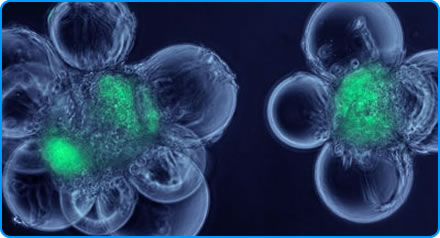Bristol Royal Hospital for Children
Dr Kayal Vijayakumar
Dr Vijayakumar is a Consultant Paediatric Neurologist with special interest in neuromuscular conditions. She is based at United Hospital Bristol NHS Foundation Trust, but provides an equitable and excellent clinical service across the South West region.
Dr Vijayakumar undertook her undergraduate medical training in South India and postgraduate paediatric and sub speciality paediatric neurology training was across various regions in UK, including Yorkshire, Northern, East Anglia, Severn, Wessex and London regions.
She is privileged to have the opportunity to provide care for children with neuromuscular disease in the South West and is enthusiastic to strengthen and build our clinical network services across the South West region, in places closer to children and families who use the neuromuscular service. She is passionate about providing family centred practice through team working and quality improvement and believes that through the multi-disciplinary team we will be able to deliver world-class service to our users. She will endeavour to deliver this service, along with our network team, through a compassionate and holistic approach.










